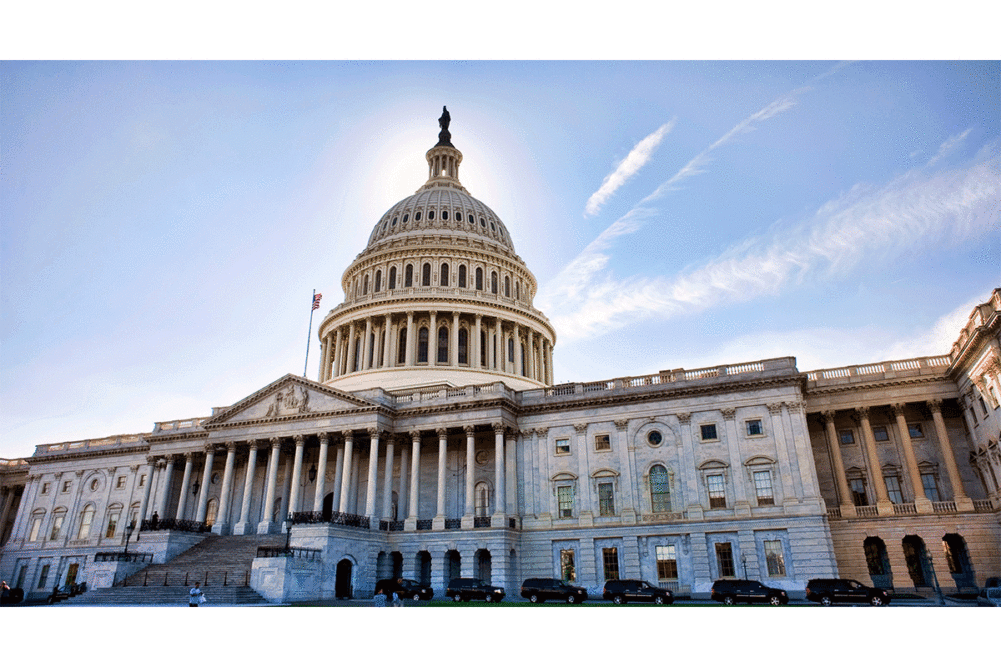WASHINGTON — Members of Congress recently sent a letter to the US Department of Agriculture’s Animal and Plant Health Inspection Service (APHIS) Administrator Michael Watson, that urged the agency to advocate for the World Organization for Animal Health (WOAH) to adopt a clear definition of poultry.
A bipartisan group of US Senators and Representatives led the effort which included Sens. Joni Ernst (R-Iowa), Chris Coons (D-Del.) and Representatives Andrew Clyde (R-Ga.) and Sanford Bishop (D-Ga.). In total, 54 lawmakers signed the letter.
The letter explained that the current WOAH does not distinguish between commercial poultry involved in international trade and backyard or wild birds, which pose minuscule trade transmission risks.
“Over a year ago, the United States Animal Health Association (USAHA) proposed a reasonable definition change that would rightly recognize neighbors gifting backyard poultry eggs to others as non-commercial,” the letter said. “It would also exclude birds that are raised to be released at hunting preserves from being considered poultry for international trade purposes.”
Lawmakers also detailed how the current WOAH definition hurt commercial poultry producers in the United States.
“The current outdated definition is costing America’s poultry producers hundreds of millions of dollars in lost exports through unwarranted trade disruptions enabled by WOAH’s inadequate definition,” the letter said. “There are countless examples across numerous states of isolated cases of HPAI detections in backyard or wild birds prompting unnecessary trade bans, even though they pose a minuscule threat of infecting commercial flocks. This past year alone, multiple states across the US suffered nearly $900 million in disrupted overseas chicken, turkey, and egg sales.”
Some examples cited by the bipartisan group include China, which currently maintains bans on 14 US states with zero active outbreaks. The state of Georgia’s poultry industry faces an annual loss of $300 million due to an isolated outbreak in a small duck flock that was not expected to enter commerce or export. Other examples included North Carolina losing approximately $113 million due to trade bans, Indiana processors’ daily revenue loss is in the hundreds of thousands, California producers losing up to $80 million per year due to poultry product bans, and Arkansas’ overseas revenues falling by over $44 million year-over-year.
Near the end of the letter, the cosigners asked the USDA to advocate for the USAHA proposed definition change for protection of the country’s agricultural competitiveness.
“We firmly support this pragmatic change,” the letter said. “After over a year of inaction from WOAH, we strongly encourage you to advance this reasonable proposal to limit subsequent trade disruptions. America’s agricultural competitiveness depends on having fair, up-to-date global animal health rules, which would provide our producers with a level playing field.”
Several organizations and companies supported the letter and bipartisan effort including the Alabama Contract Poultry Growers Association, American Farm Bureau Federation, Amlan International, Cantrell Mechanical Solutions, Georgia Commissioner of Agriculture Tyler Harper, Georgia Farm Bureau, Georgia Poultry Federation, JBS Foods/Pilgrim's Pride, Mar-Jac Poultry, National Chicken Council, National Turkey Federation, US Animal Health Association, US Poultry and Egg Association, and Wayne-Sanderson Farms.


